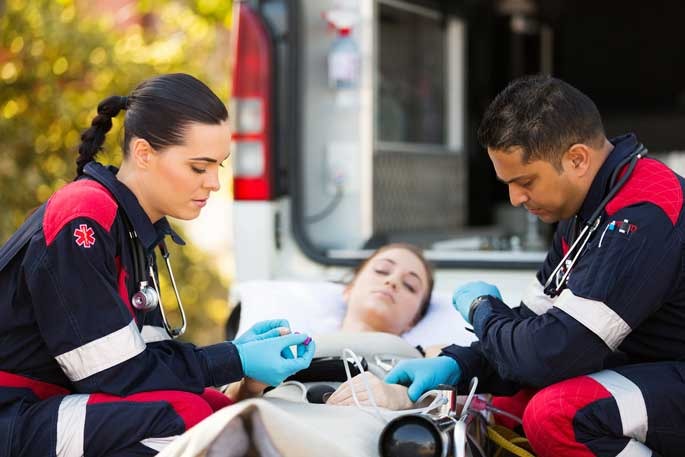First responders, including firefighters, paramedics, police officers, and emergency medical technicians, face extreme situations every day. They rush to accidents, natural disasters, and life-threatening emergencies, often witnessing intense trauma. While they are trained to handle these situations, the emotional and mental impact can build up over time.
Many struggle with stress, anxiety, and even post-traumatic stress disorder (PTSD). This is why counseling is essential. It helps them process their emotions, prevent burnout, and continue serving their communities effectively.
The Emotional Toll of the Job
First responders regularly see suffering, injuries, and loss of life. Unlike most people, they cannot avoid these situations. Over time, these experiences can leave deep emotional scars. Many develop symptoms of anxiety and depression but feel the need to hide their struggles.
They may fear being seen as weak or incapable of handling their jobs. Without proper support, this emotional burden can affect their work performance and personal relationships. Counseling provides a safe space where they can talk openly about their experiences and learn how to cope with the emotional weight of their job.
Preventing Burnout and PTSD
Burnout is common among first responders due to the constant pressure they face. Long hours, unpredictable shifts, and exposure to traumatic events can lead to exhaustion. Many experience symptoms such as difficulty sleeping, loss of motivation, and emotional numbness. If these issues are ignored, they can develop into PTSD, a serious mental health condition.
PTSD can cause flashbacks, severe anxiety, and emotional detachment, making it difficult to function normally. Regular counseling sessions help first responders recognize the signs of burnout and PTSD early. Therapists can teach them techniques to manage stress and build resilience, reducing the risk of long-term mental health issues.
Breaking the Stigma Around Mental Health
Many first responders hesitate to seek help because of the stigma surrounding mental health. They are expected to be strong and fearless, which makes them feel guilty about admitting their struggles. Some fear that seeking therapy might affect their career or make them seem unfit for their duties.
This mindset prevents them from getting the help they need. Proper counseling for first responders plays a vital role in changing this perception. When organizations encourage therapy and mental health support, first responders feel more comfortable seeking help.
Improving Work Performance and Personal Life
Mental health struggles do not only affect work; they also impact personal life. Many first responders find it difficult to disconnect from their job, bringing stress home and affecting relationships with family and friends.
Unaddressed mental health issues can lead to mood swings, anger, and withdrawal from loved ones. Counseling helps them find a balance between their professional and personal lives. Therapists can guide them in setting boundaries, managing emotions, and finding healthy ways to relax outside of work.
Conclusion
First responders dedicate their lives to protecting and helping others, but they also need support. The emotional and mental challenges they face can lead to serious issues if left unaddressed. Counseling helps them process trauma, prevent burnout, and improve their overall well-being.
Breaking the stigma around mental health is crucial so that first responders feel safe seeking help when needed. When they receive the right support, they can continue serving their communities with strength and resilience.

